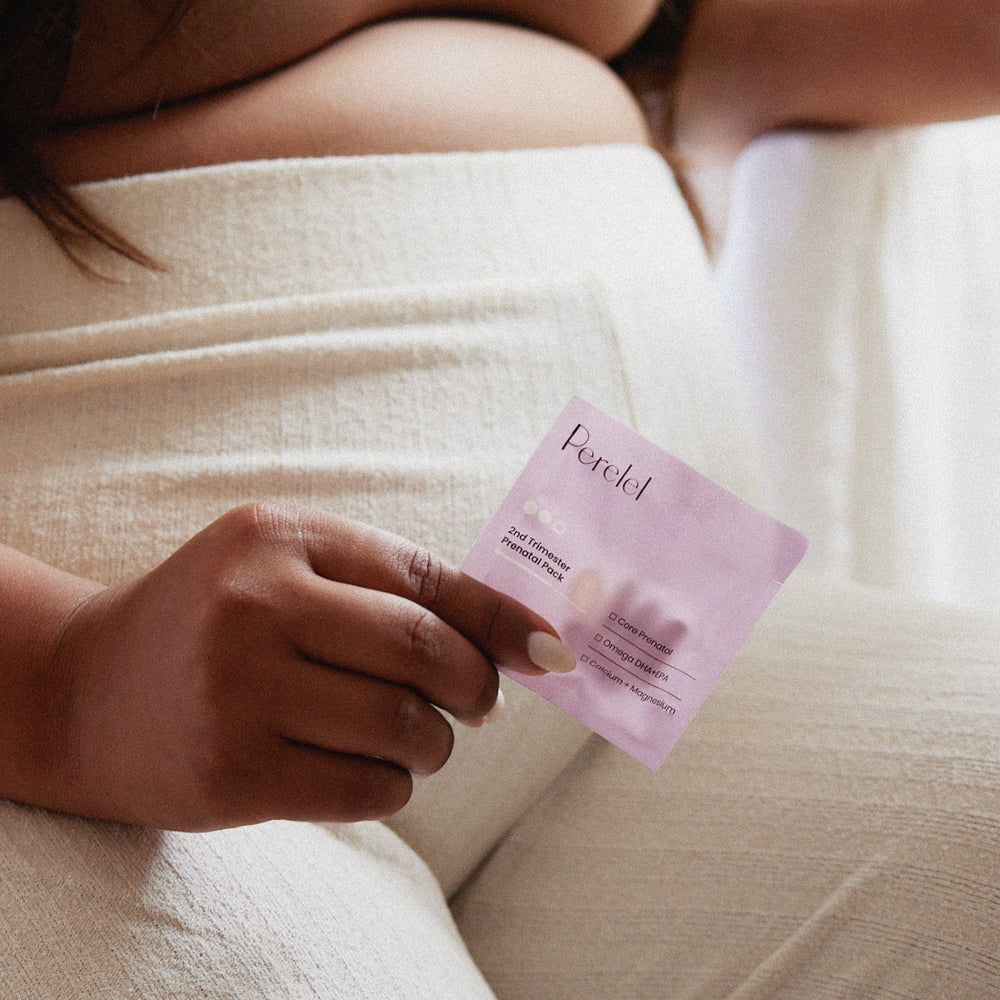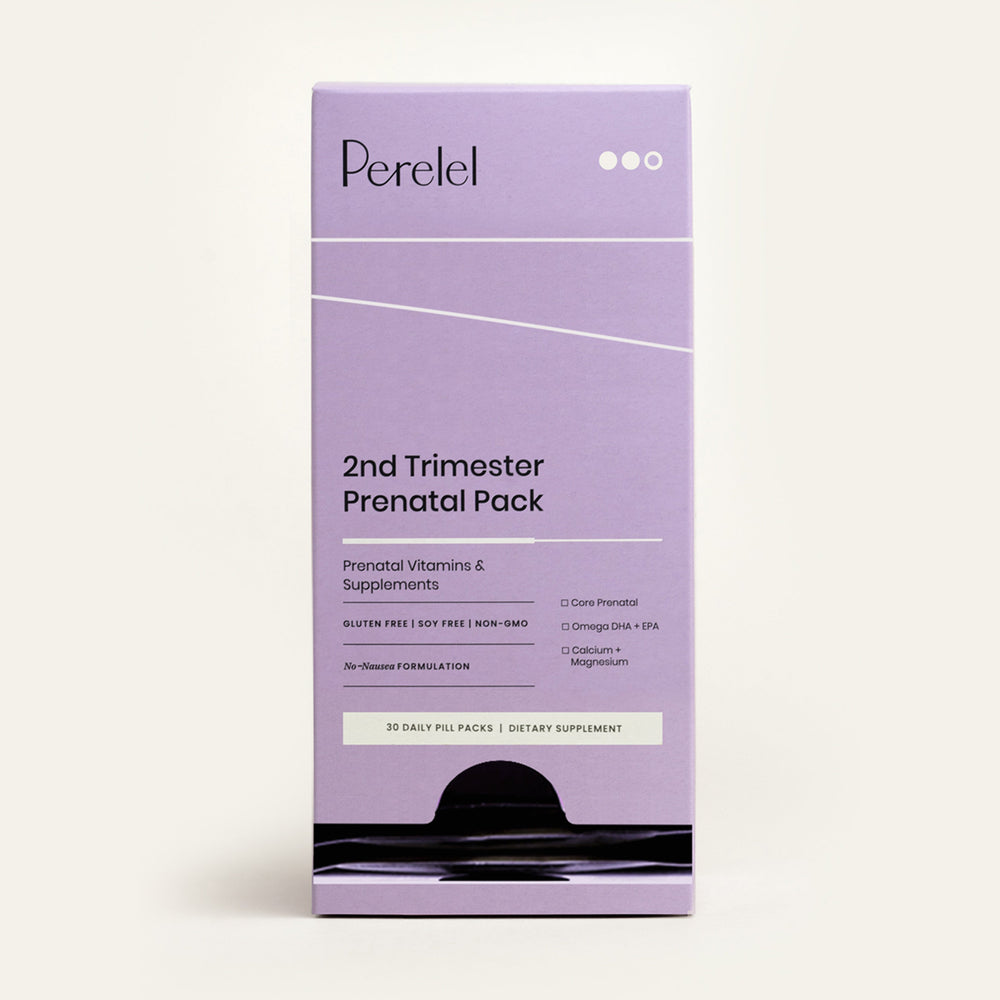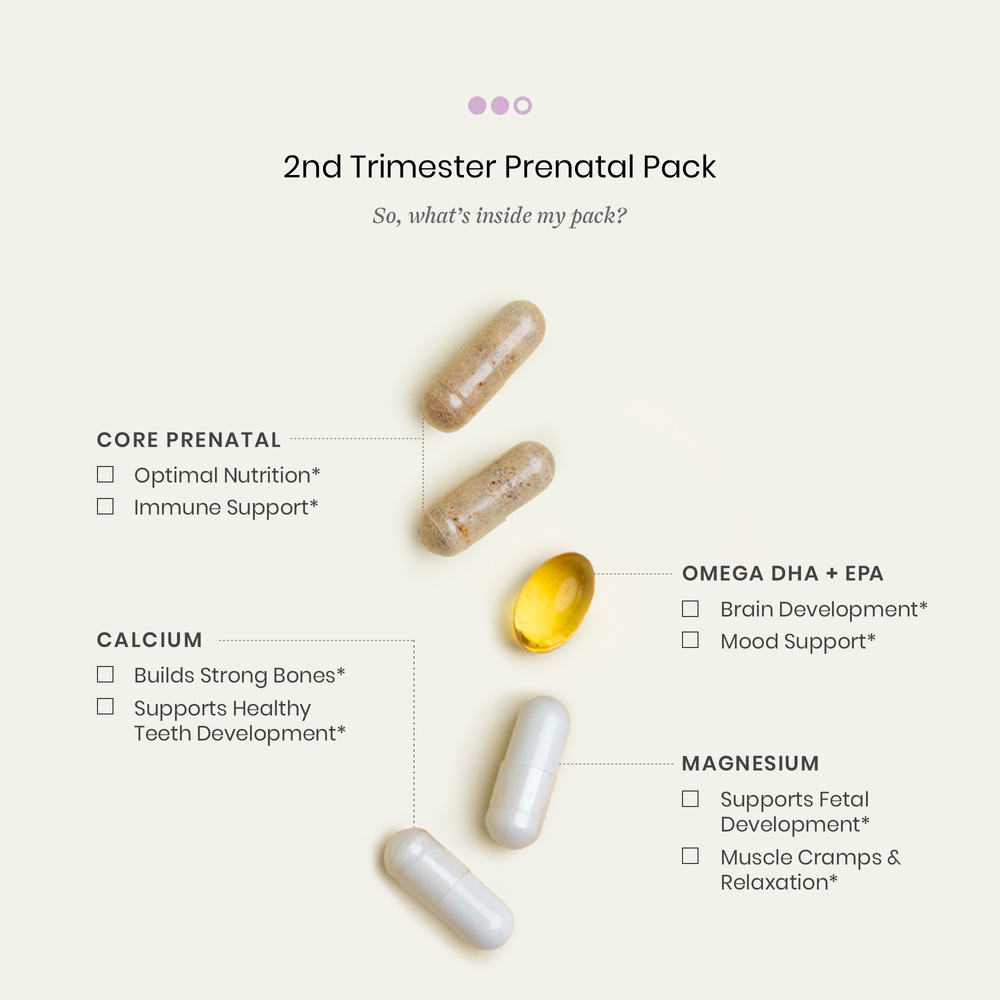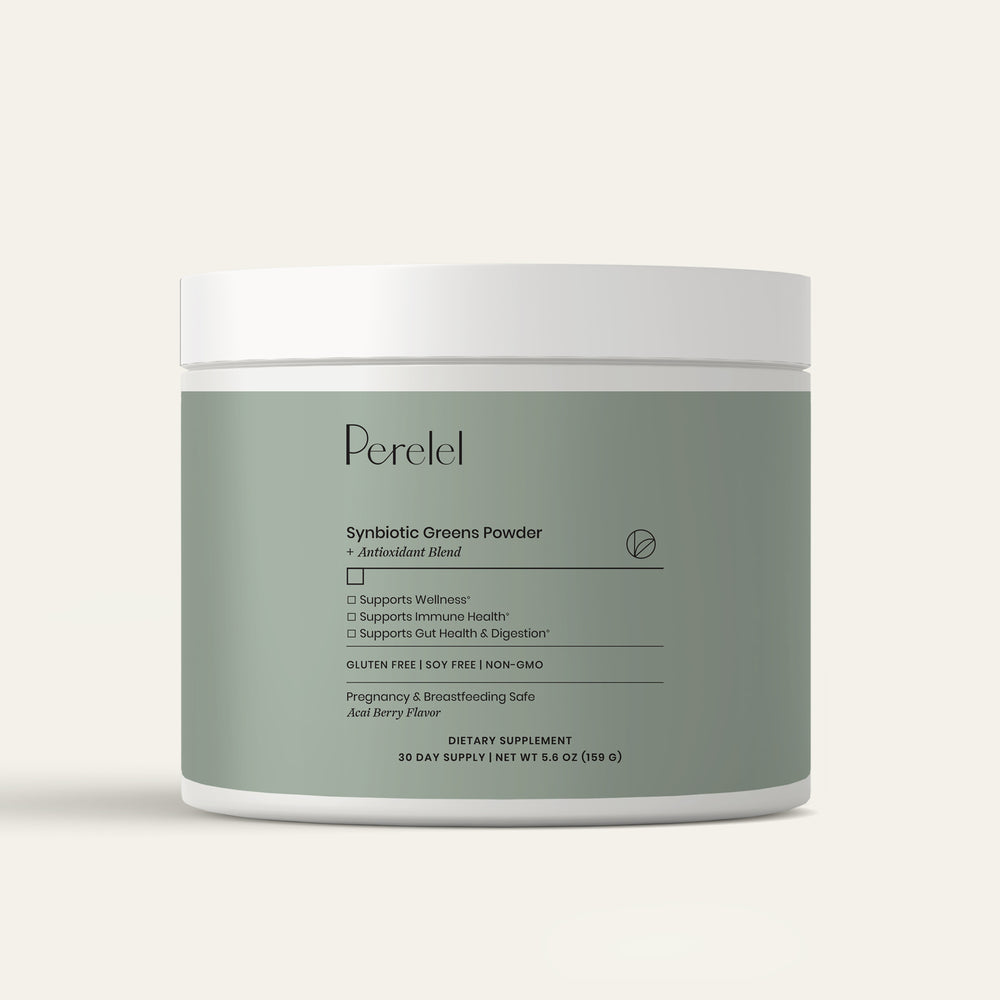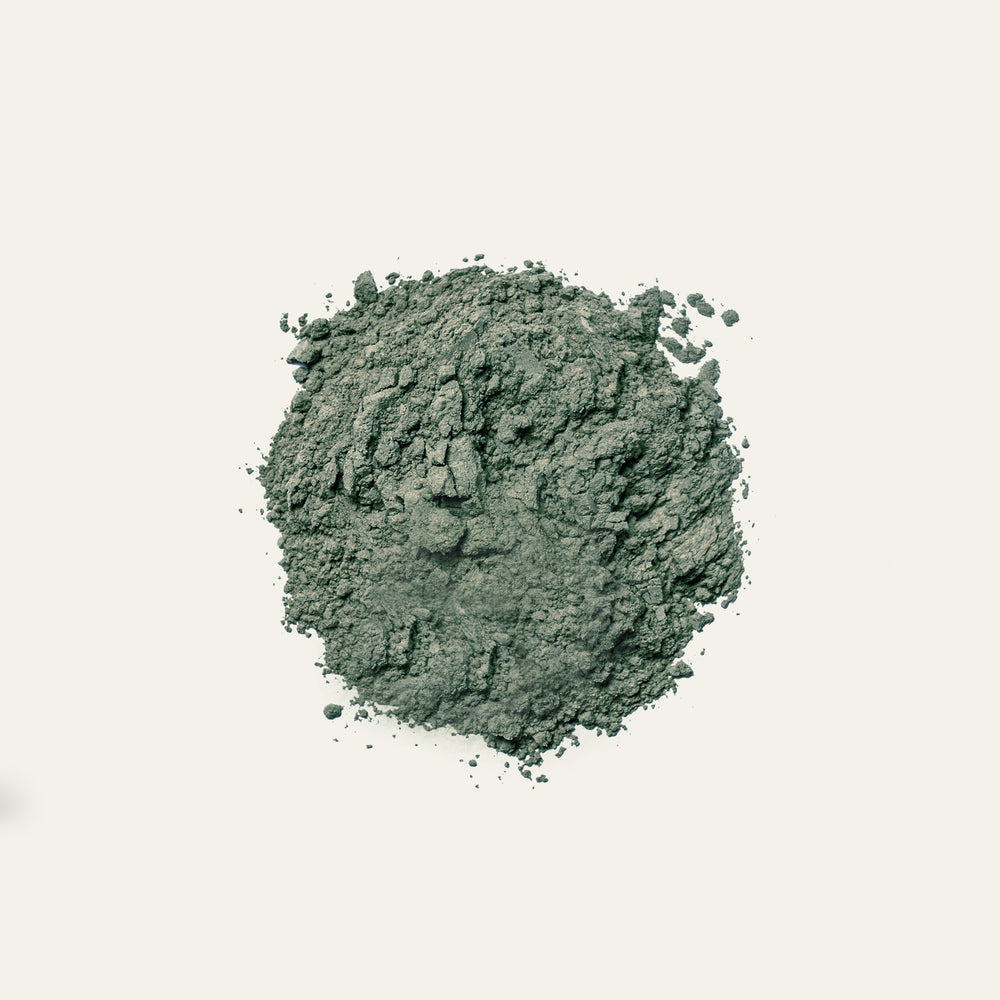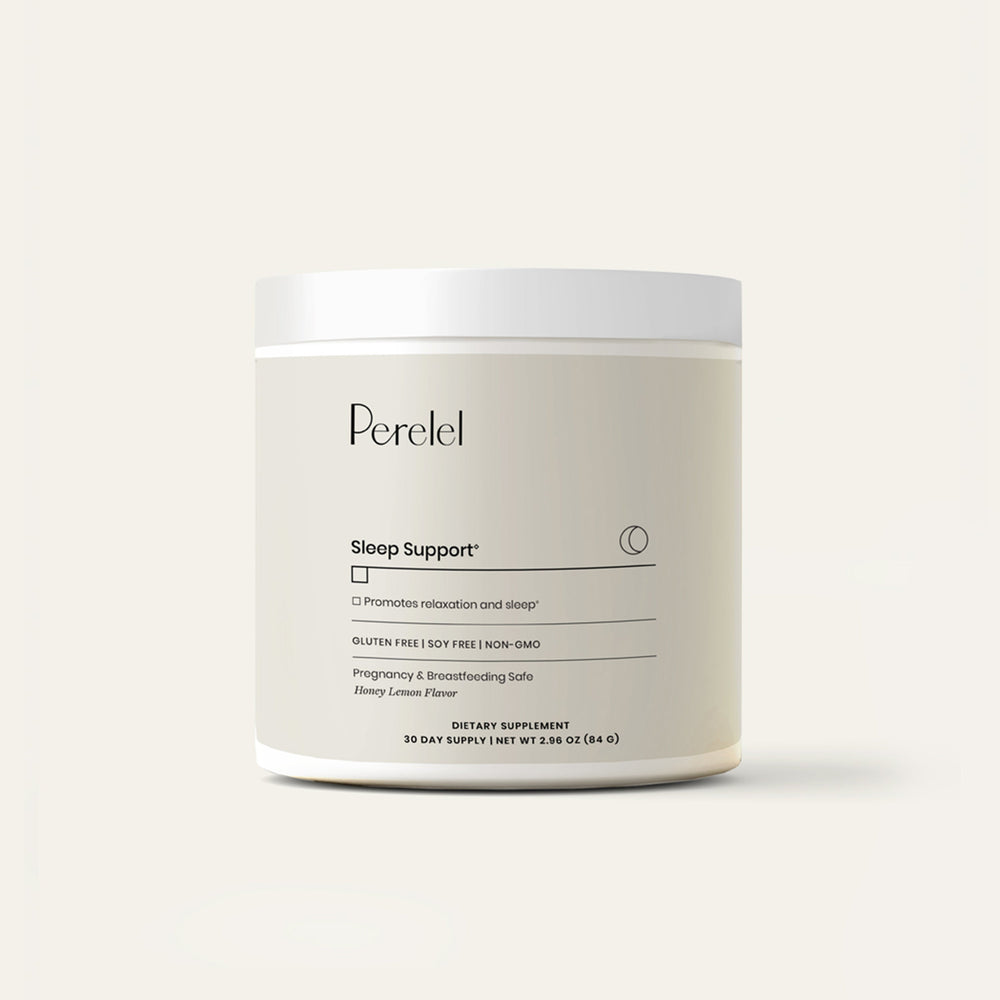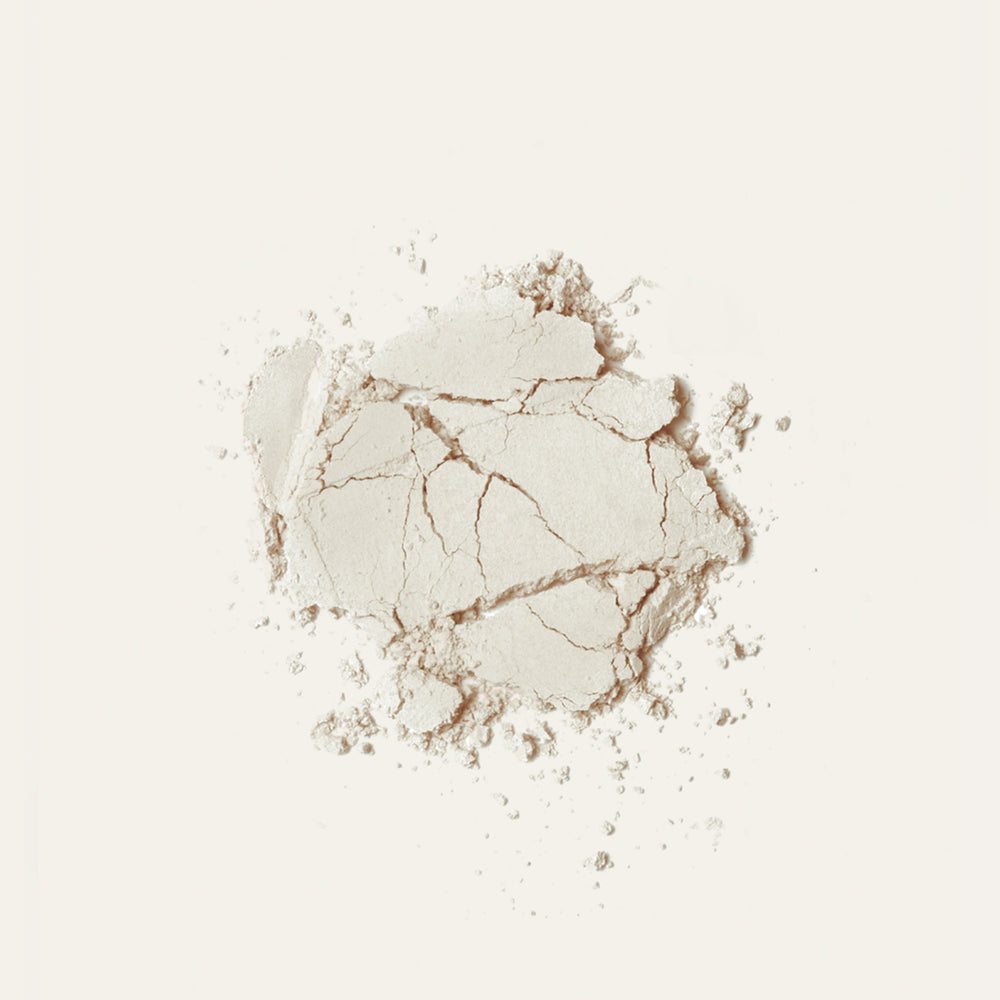As you round the corner into the second trimester, you might find yourself feeling better, breathing easier, and even experiencing that pregnancy glow. And believe it or not, you’re already just about one-third of the way through your pregnancy! Meanwhile, your baby is continuing to grow and even starting to move around a bit.
Here’s what you need to know.
How You’re Feeling at 13 Weeks
Many moms-to-be feel like the second trimester is the sweet spot of pregnancy. The worst of your morning sickness has probably passed. The most critical (and nerve-wracking!) parts of your baby’s development are behind you. Your bump may be starting to show, but it’s not so big that it’s slowing you down or making it hard to get comfy. The first trimester fog has started to lift, and you may have a renewed sense of energy.
However, you may encounter a few new symptoms in the second trimester. Hormonal changes can trigger tummy troubles like heartburn, indigestion, and constipation—and some of these symptoms may continue throughout the rest of your pregnancy.1 Some women start to experience muscle cramping (particularly at night) during the second trimester. You may also notice that your breasts feel a bit lumpy as your mammary ducts start preparing to produce milk.2
This is also the stage of pregnancy when some women start to get that famous “pregnancy glow.” You may have heard the old wives’ tale that the glow is a sure sign you’re having a boy. However, there’s a more scientific explanation—your blood volume increases during pregnancy, which causes rosy cheeks for some women.3
What’s New With Your Baby
At 13 weeks, your baby is just under four inches long and weighs a little over an ounce—around the size of a lemon or peach. And the head accounts for about half that length! Your placenta is now providing your baby with oxygen and nutrients, so it’s more important than ever to be mindful of your nutrition plan.
Your baby’s development is all about the little details right now. Facial features are starting to form, fingerprints and fingernails are growing, the ears are shifting into place, and bones are beginning to harden. Around this time, your baby will start to make tiny, jerky movements, and may even start sucking their thumb. However, you may not be able to feel those first flutters of movement for another few weeks.4
Your Week 13 To-Do List
Here are a few key steps you can take to support your pregnancy during week 13:
1. Eat smaller meals to stave off heartburn.
Many women start to experience symptoms of heartburn around the 13-week mark—including bloating, burping, and a burning sensation that rises into your throat. If those symptoms sound all too familiar, try “grazing” throughout the day instead of eating three big meals. Cut back on fried, spicy, or acidic foods, which can exacerbate heartburn, and aim to finish your last meal at least two hours before bedtime.5
2. Focus on fiber to relieve constipation.
Fiber can help to relieve and prevent constipation, so aim to get between 20 and 35 grams per day.6 Some of the best sources of dietary fiber include high-fiber cereals, popcorn, whole grains, beans, artichokes, sweet potato, and Brussels sprouts.7
3. Get some gentle movement each day.
Take advantage of your newfound energy and incorporate some gentle exercise into your daily routine. Exercise has been shown to reduce the risk of gestational diabetes, preeclampsia, lower back pain, urinary incontinence, and more.8 Opt for low-impact workouts like walking, swimming, strength training, or yoga. “Cardio is wonderful, but we want to be kind to the joints and to the pelvic floor,” says Rachel Nicks, a certified doula and prenatal fitness instructor.
4. Moisturize your belly.
As your skin stretches to accommodate your growing bump, you may start to develop purple or reddish-brown stretch marks on your skin. While there’s no surefire way to prevent them (and they're completely normal), moisturizing can help to soothe and nourish your skin and may help to minimize their appearance.
5. Support the health of your placenta with choline.
Research suggests choline may help to improve placenta function and support healthy outcomes in high-risk pregnancies.9 As an added bonus, choline is also associated with a lower risk of certain pregnancy complications and neural tube defects. Some of the best sources of choline include hard-boiled eggs, beef, chicken breast, and cod.10 You’ll also find 120 mg of choline in the Core Prenatal capsule included in our 2nd Trimester Prenatal Pack.
Shop the Article:
References:
1 NHS: Indigestion and heartburn in pregnancy
2 American Pregnancy Association: 13 Weeks Pregnant
3 Cleveland Clinic: Is Pregnancy Glow a Real Thing?
5 Cleveland Clinic: Heartburn During Pregnancy
6 UCSF Health: Eating Right Before and During Pregnancy
7 Dietary Guidelines for Americans: Food Sources of Dietary Fiber
8 Danielle B Cooper and Lily Yang; Pregnancy and Exercise; Apr 2023
9 Aisha Rasool et al; Placental impact of dietary supplements: more than micronutrients; Feb 2021

